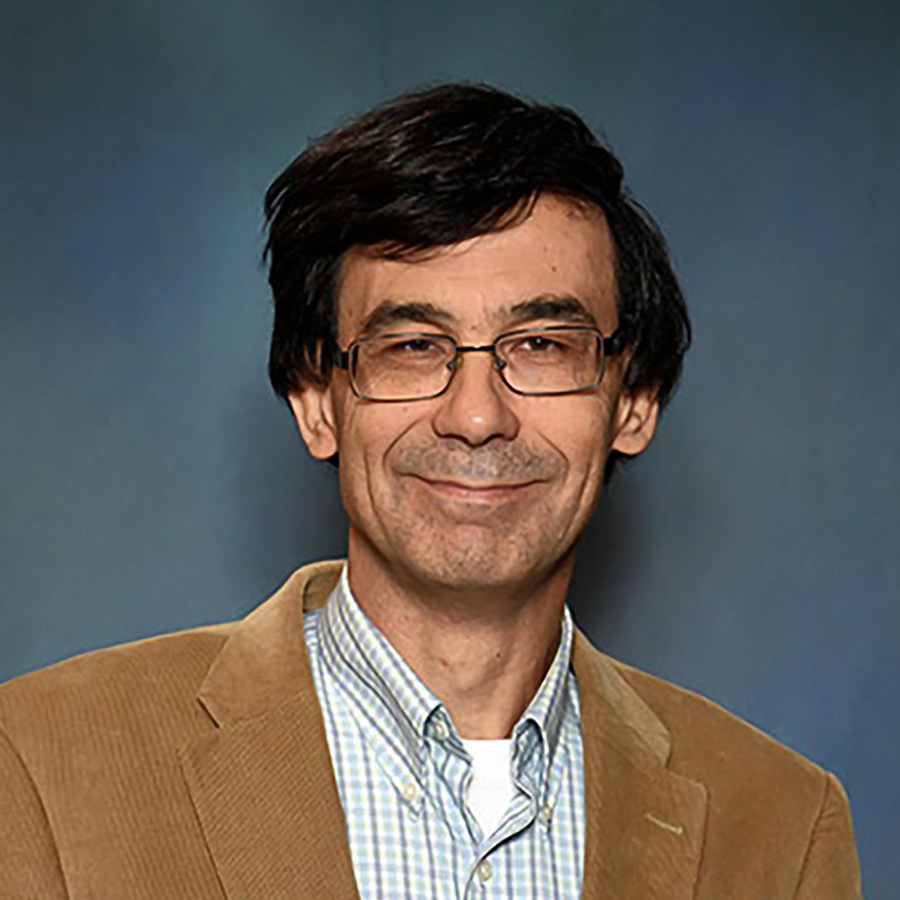The new year offers endless opportunities for change: new jobs, resolutions, and commitments. Throughout history, the United States has also experienced intersections of transition. In this article, Professor of History Dr. Roger Chapman highlights the state of transformation our nation faced at the turn of the 18th century. Yet, President George Washington encouraged unity and good will toward others. Despite the changes we may face, we must strive for optimism, harmony, and hope.
January, being the start of a new year, often has the feel of a new beginning. This is how it seemed to President George Washington when on January 8, 1790, he delivered the first State of the Union Address. For a mere nine months he had been serving as the first chief executive under the new U.S. Constitution, which gave significantly more power to the federal government than did the Articles of Confederation. Washington was aware of his responsibility and that his actions would serve as a precedent for future presidents.
The speech was addressed to a Joint Session of Congress when the capital of the country was New York City. Washington was following the rule of Article II, Section 3, Clause 1 of the U.S. Constitution, stating that the president “shall from time to time give to Congress Information of the State of the Union, and recommend to their Consideration such Measures as he shall judge necessary and expedient.”
Like our current period, America at the end of the 18th century was in a state of flux. Scrapping the Articles of Confederation for a document that created a separate executive branch seemed to some Americans as a dangerous turn toward a monarchial system. Fortunately, Washington had the kind of temperament that was irenical and wise, and he wished to reassure the citizens by not exceeding his authority. More than anything, he wanted to see a nation advancing with orderliness and harmony. He started off praising the American people’s “general and increasing good will toward the government of the Union.” In other words, he was suggesting that without some degree of optimism in the nation’s institutions, there can be little hope for “national prosperity” and the obtaining of “the blessings which a gracious Providence has placed within our reach.”
Washington’s remarks to Congress were presented as suggestions (“consultations for the general good”) and were laced with optimism that the legislators would continue with “the cool and deliberate exertion of your patriotism, firmness, and wisdom.” His suggestions were extensive, making it apparent that they faced as many problems back then as we do today. He called for the formation of a standing army, greater protection in the western regions against American Indian attacks, a professional diplomatic corps, a uniform law for speedy naturalization, a postal service, a national currency, a national standard for weights and measurements, the establishment of public credit and paying off public debt, and the promotion of science and literature (as well as the creation of a national university).
The first president believed Americans could find the correct balance to achieve national security. He believed “enlightened” citizens would be able “to know and value their rights” and protect them while at the same time “distinguish between oppression and the necessary exercise of lawful authority.” Washington was a pragmatist, very even keeled. He ended his speech by calling on elected leaders to exercise “cooperation” in the “arduous task” of having “a free, efficient, and equal government.”
The sentiments of Washington are just as applicable today. What a worthy New Year’s resolution that could be for each citizen to strive for a charitable attitude toward government officials as well as neighbors.
Dr. Chapman teaches U.S. history, Russian history, the Cold War, history of modern terrorism, history of the American presidents, and modern humanities at Palm Beach Atlantic University. He has published in academic journals, namely the Journal of Cold War Studies, Film and History, the Journal of Religion and Popular Culture, and the Florida Historical Quarterly.
